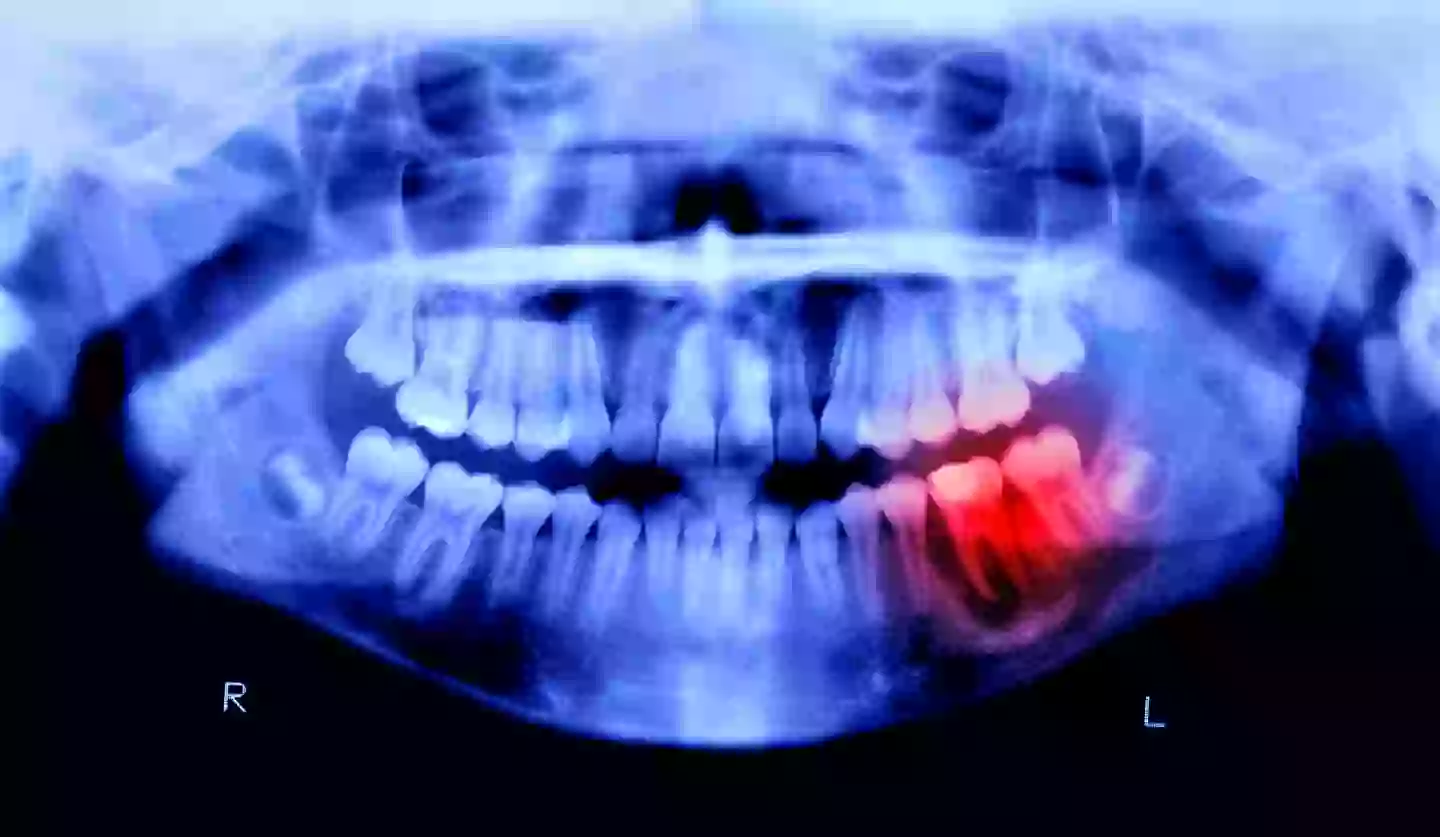
Alzheimer's has long been considered somewhat of a medical mystery - but could that be because medics are looking for causes of the disease in all the wrong places?
Such is a theory put forward by a group of health experts in 2019, who argued that something in the mouth could actually be a trigger for the memory-impacting condition.
Technically, the symptoms of Alzheimer's present themselves when parts of the brain shrink (a process known as atrophy), which affects the structure and function of specific areas of the organ - as per the NHS.
And generally, it's thought that the cause of this shrinkage is a combination of age-related changes in the brain, as well as genetics, environmental and lifestyle factors.
Advert
But what if the mouth has a bigger part to play in the early stages of Alzheimer's?
In 2019, a published study found a connection between a common infection in this area and a decline in brain functions - the ailment being gum disease.
According to another paper submitted by University of Louisville microbiologist Jan Potempa, the pathogen behind chronic gum disease (a condition known officially as periodontitis) was also found in the brains of deceased Alzheimer's patients.
These instances aren't the first times a connection between mouth health and Alzheimer's was discovered, however.
Advert
According to science alert, previously experiments involving mice found that oral infection with the pathogen (known as Porphyromonas gingivalis) led to brain colonisation.

An increase in the production of amyloid beta - the bodily proteins commonly associated with Alzheimer's - was also found.
While the team behind the 2019 study aren't claiming to have discovered a definitive cause of Alzheimer's, they did emphasise that mouth health should be considered during initial conversations with potential patients.
Advert
Stephen Dominy - co-founder of pharma startup Cortexyme, which organised the research time - told press at the time: "Infectious agents have been implicated in the development and progression of Alzheimer's disease before, but the evidence of causation hasn't been convincing."
He added: "Now, for the first time, we have solid evidence connecting the intracellular, Gram-negative pathogen, P. gingivalis, and Alzheimer's pathogenesis."
Dominy's team also found toxic enzymes called gingipains, which had been secreted by the gum disease bacteria in the brains of Alzheimer's patients.

Advert
They were also found in the brains of several deceased individuals who had not received an Alzheimer's diagnosis.
So, while there appears to be a connection, it's still largely unknown whether gum disease causes Alzheimer;s, or whether dementia leads to poor mouth and gum health.
One thing is for certain, however - we should definitely be watching this space.